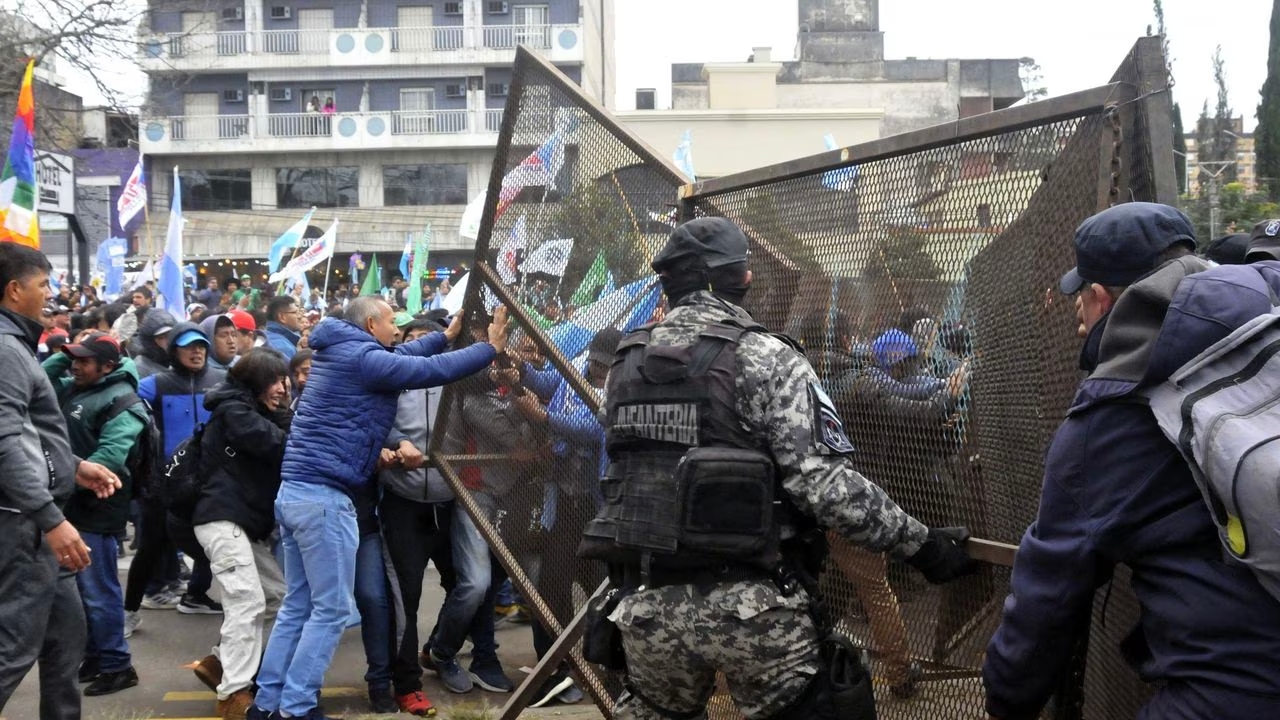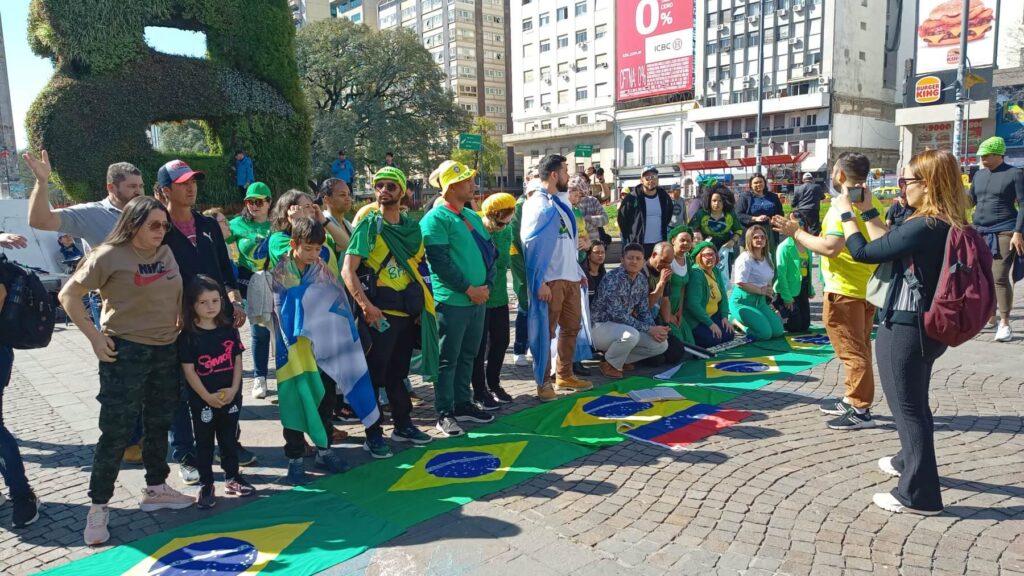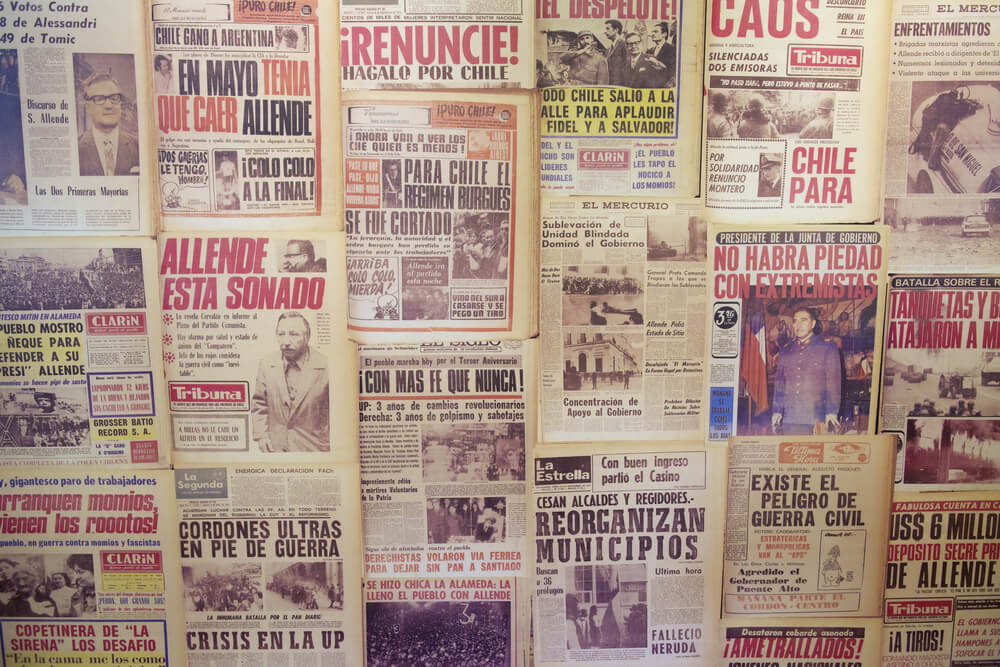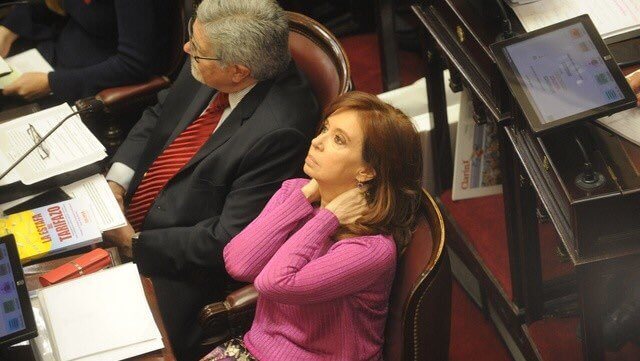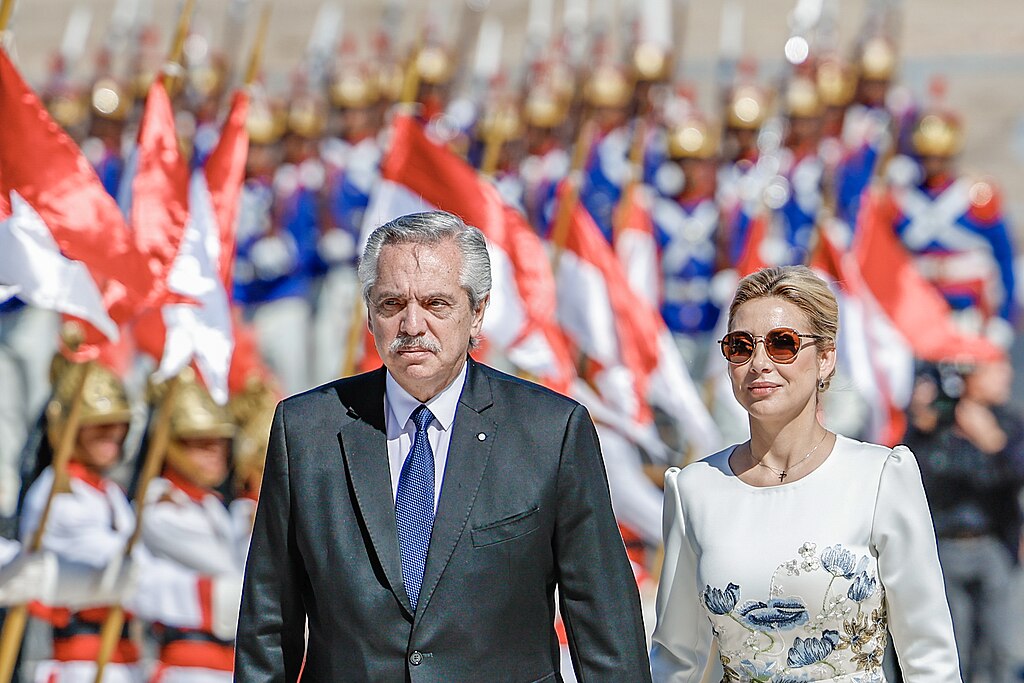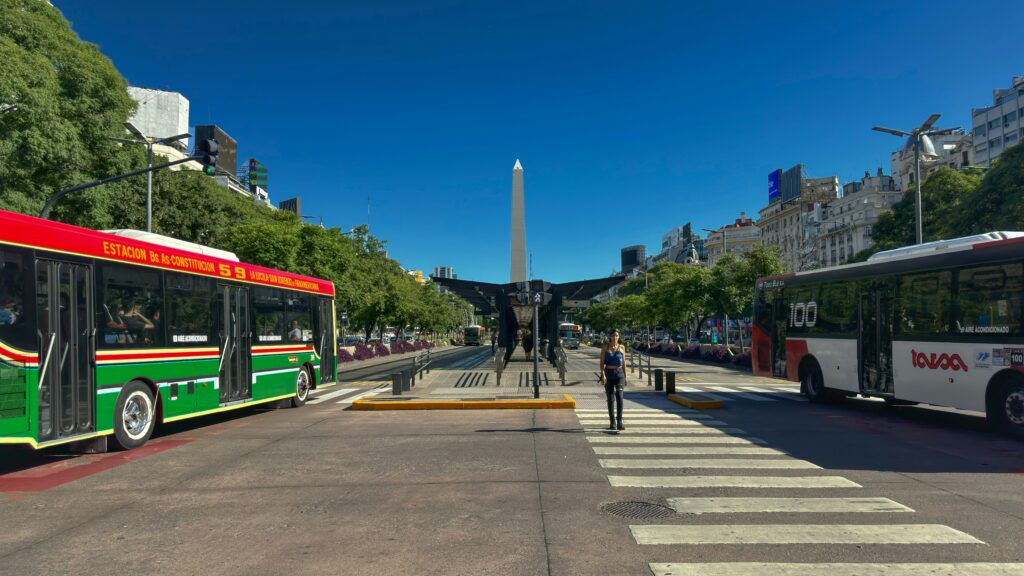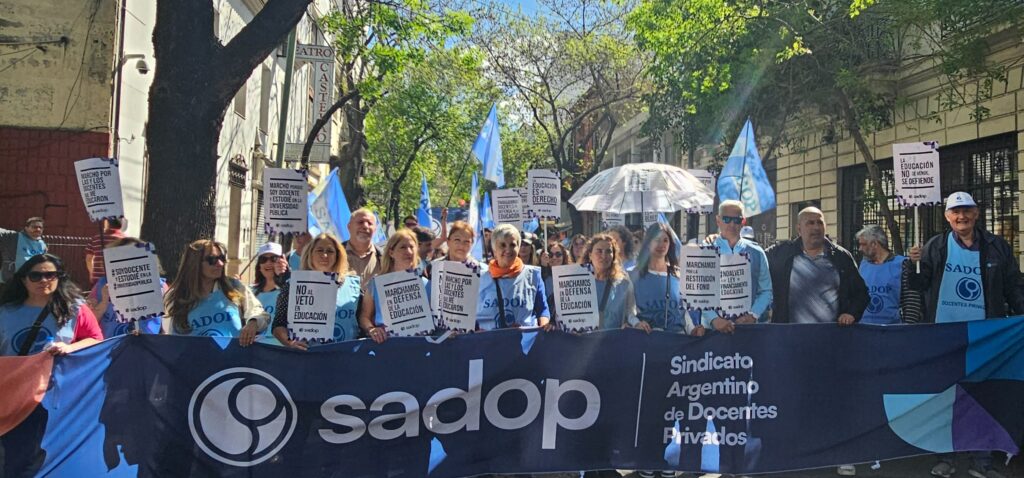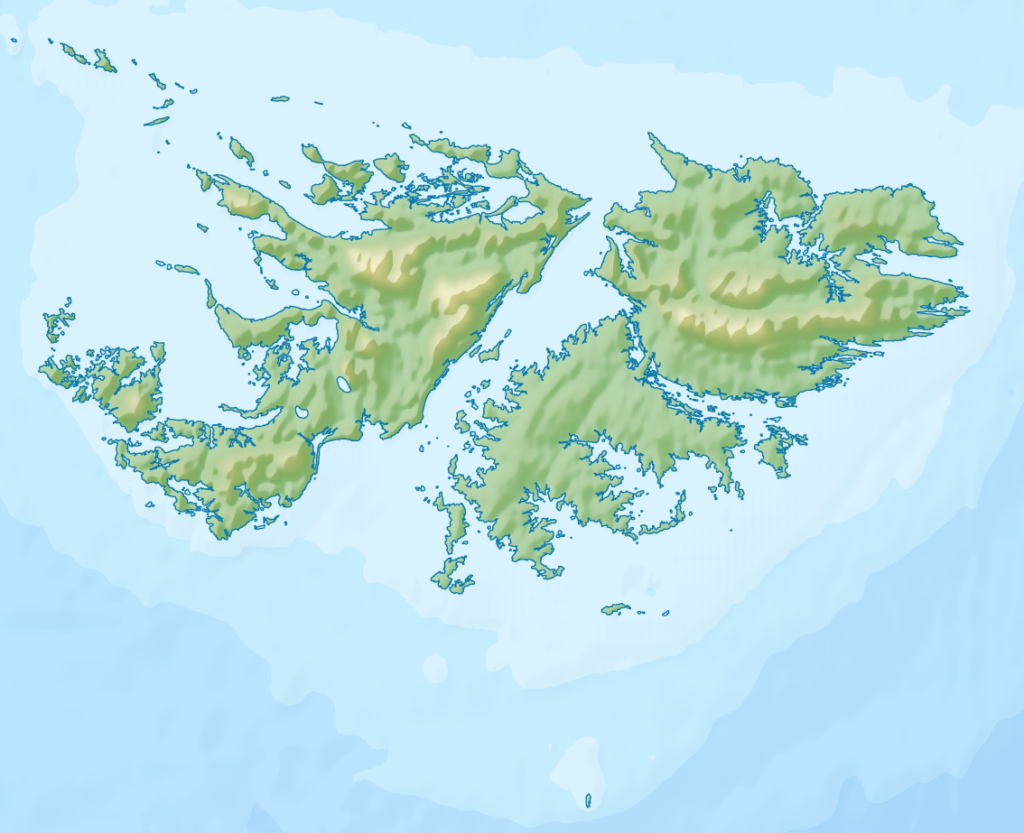Buenos Aires, Argentina — After the approval of a controversial provincial constitutional reform that bans public protests in the northern Jujuy province, thousands of citizens took to the streets and were met with violent repression from the police on June 20. Jujuy Governor Gerardo Morales, a member of the opposition, accused the government of President Alberto Fernández of being behind the protests, sparking controversy amid the country ‘s presidential elections.
Morales, who governs the province that sits 1,500 kilometers North of Buenos Aires, arranged for a provincial constitutional reform that bans protests that take place in the streets and highways, a common protest mechanism in the region and country-wide, and that allegedly paves the way for lithium mining in the region without resistance.
“The exercise of the right of demonstration cannot hinder the exercise of other rights and this is the debate that has to do with the consolidation of peace,” said Morales about the controversial reform during the legislative debate for its approval. “We are not going to back down,” he added.
Nando Acosta, one of the main leaders of the provincial workers union, told Página/12, “The objective is to establish a new order, suitable for a new wave of business.” Many of the organizations that are against the reform say it will only deepen an extractivist model while keeping the population at bay.
On the morning of June 20, the day that the reform was supposed to be approved, the provincial legislature was fenced off. Thousands of protesters including members of unions, social organizations and Indigenous groups, started gathering throughout the provincial capital before noon.
When the rumor of the reform’s approval started circulating amongst the protesters, a group of them tore down the fences and advanced towards the legislature — then mayhem broke out.
At first, police reportedly reacted violently, shooting rubber bullets and tear gas at the most violent group of protesters, but then the repression expanded to most of the people gathered. Some reports mention that some of the arrested were taken in unmarked cars and that people were detained randomly outside of the protest area. After four hours of chaos, 170 were injured and 69 people were arrested.
“I hold the president and the vice president accountable for the extreme violence that is taking place in the province of Jujuy,” tweeted governor Morales on June 20. To which Vice President Cristina Fernández de Kirchner replied, “Be responsible Governor Morales and stop with the repressive madness that your own actions have unleashed. What is happening in the province of Jujuy is your absolute responsibility and you know it.”
Morales then accused the ruling party of being behind the violent protests.
“Does this seem peaceful to you? It’s a shame that you finance violent groups to generate chaos in Jujuy. Kirchnerist groups from all over the country came to participate and encourage the seizure of our streets and burn our legislature: who sent them?” he tweeted.
President Fernández also spoke out against Morales on Twitter. “You are the only one responsible for having led our beloved province of Jujuy to this extreme situation trying to impose a constitutional reform that does not respect the National Constitution,” wrote the president.
What’s behind the constitutional reform
Morales, the 63-year-old governor of Jujuy, is a member of the opposition party Radical Civic Union (UCR) and has announced he will be running for vice president alongside Horacio Rodríguez Larreta in this year’s elections. In May, the people of Jujuy voted for their new governor, choosing Carlos Sadir, Morales’ candidate, with almost 50% of the votes.
In that election, people also voted for the 48 provincial legislators that would be in charge of the constitutional reform. Twenty nine seats went to Morales’ party, 13 to the ruling Peronist party and the last six to the Worker’s Left Front.
During the debate of the controversial reform, the six members of the left and two members of the Peronist party quit their constitutional roles due to their disapproval of the new measures. Their exit wasn’t enough to stop the reform from happening, as Morales counted with the necessary votes in the Chamber.
The reform does not only ban public protests, but it also goes against the claim of Indigenous communities that state that some fiscal lands belong to them but are not recognized as such.
The reform also ratifies the province’s total domain of its natural resources, as it’s located in one of the most lithium-rich regions in the world, effectively sidelining the national government and Indigenous communities within the province. Néstor Jerez, chief of the Indigenous Ocloya community, toldPágina/12 that they reject the reform because it was made without popular consultation,and for this reason there is a conviction that it was made “for dispossession.”


